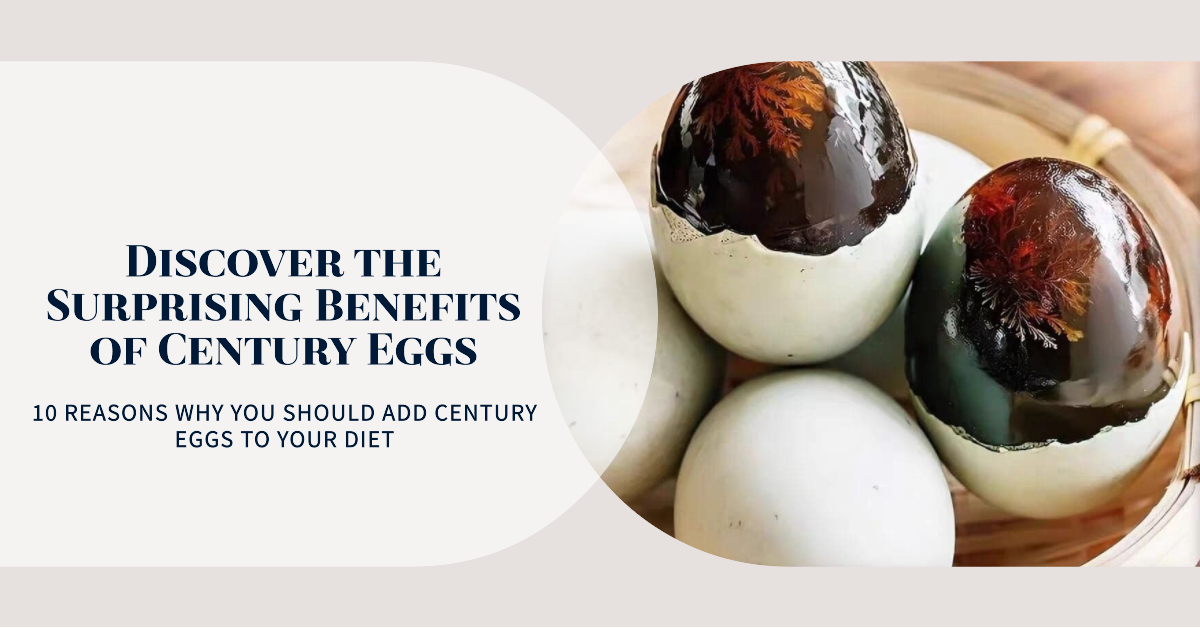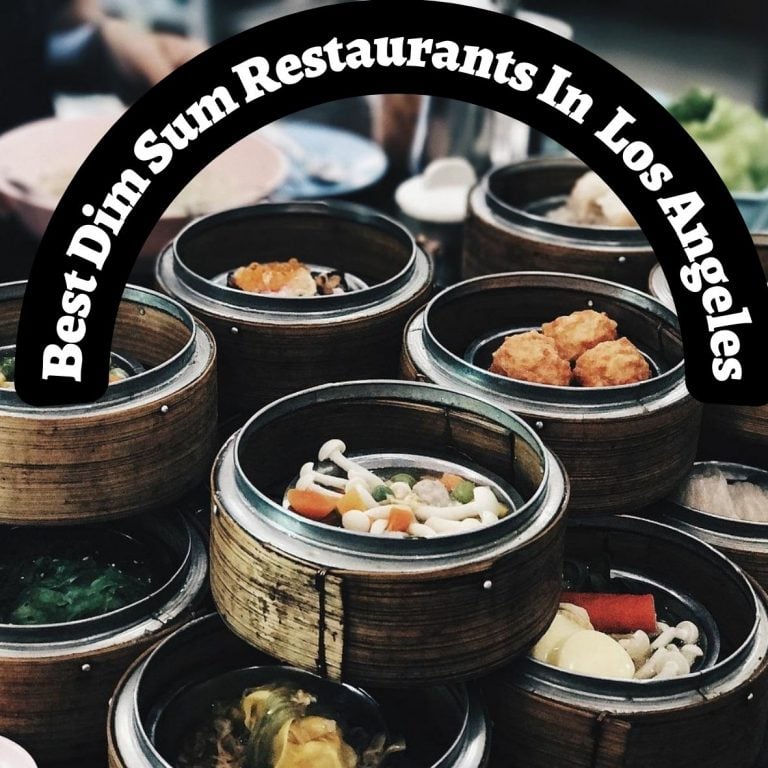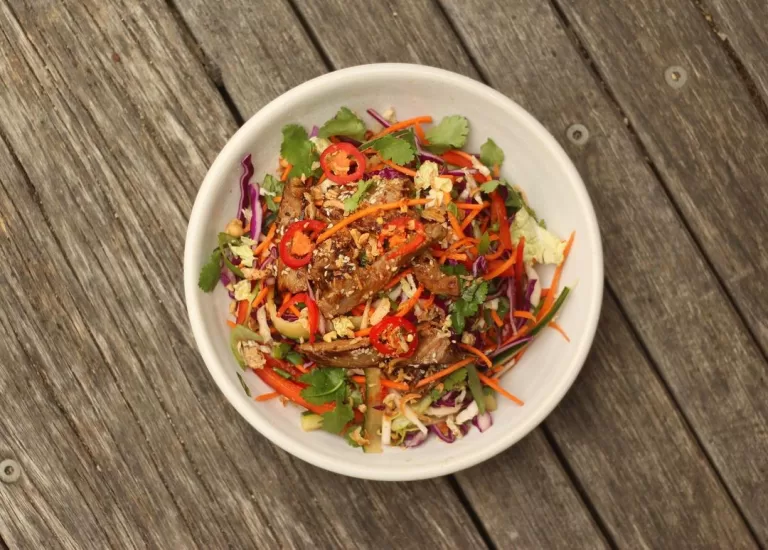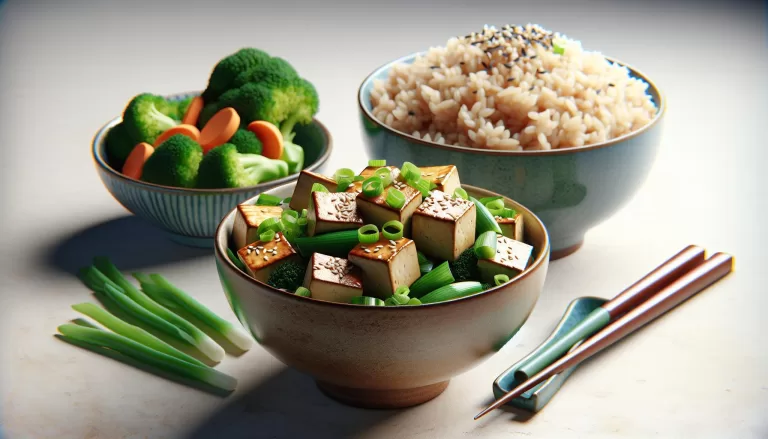10 Century Egg Nutrition Benefits That Will Surprise You

Century eggs, also known as hundred-year eggs or pidan, are a Chinese delicacy made by preserving eggs in a mixture of clay, ash, salt, lime, and rice hulls for several weeks or months. The curing process turns the whites dark brown and the yolks dark green with a jelly-like texture. While their appearance may seem unappetizing to some, century eggs are full of health benefits that will surprise you.
1. High in Protein
Century eggs are an excellent source of protein. Just one egg contains around 13 grams of protein or 27% of the recommended daily value. Protein provides the building blocks for bones, muscles, cartilage, skin, and blood. Getting enough protein promotes strength, maintains muscle mass, and helps curb hunger.
2. Rich in Iron
These preserved eggs also supply a good amount of iron delivering 1.6 mg or 9% of the daily iron needs. Iron carries oxygen to all cells in the body and is essential for energy metabolism and a healthy immune system. Iron deficiency can lead to anemia and fatigue.
3. Provides Choline
A single century egg contains 126 mg of the important nutrient choline. Choline is necessary for liver and brain function, nerve signaling, muscle control, supporting metabolism, and maintaining cell structure. Adequate choline intake may improve learning, memory, mood, and muscle control.
4. High Antioxidant Activity
Research shows century eggs have significant antioxidant capacities from compounds like flavonoids, phenolics, phospholipids, and certain amino acids. Antioxidants help prevent cell damage from free radicals that are linked to chronic diseases and aging.
5. May Lower Cholesterol
Some studies indicate the antioxidants in century eggs can help decrease LDL or bad cholesterol levels in the blood. High cholesterol is a major risk factor for heart disease. The egg yolks also supply lecithin which can lower cholesterol.
6. Provides Vitamins
While century eggs are not a great source of most vitamins, they do contain modest amounts of vitamins A, E, B2, B12, and folate. Vitamin A benefits vision and immunity, vitamin E protects cells, B vitamins help convert food into energy, and folate assists in new cell production.
7. Good Source of Selenium
Century eggs deliver 18 mcg of the trace mineral selenium per egg. Selenium acts as an antioxidant and is vital for thyroid and immune system function. Low selenium levels are associated with a higher risk of cancer and heart disease.
8. Contains Choline
As mentioned above, century eggs provide 126 mg of choline per egg. Choline helps regulate mood, muscle control, memory, and nervous system health. It also assists with sleep, concentration, and learning.
9. May Support Eye Health
The antioxidants lutein and zeaxanthin found in century eggs may help prevent macular degeneration and cataracts which are common age-related eye disorders. These carotenoids filter harmful blue light and free radicals that damage the eyes.
10. Provides Balance of Nutrients
Unlike many foods that provide just a few nutrients, century eggs contain a balance of protein, healthy fats, vitamins, minerals, and antioxidants. Getting a variety of essential nutrients can help fill nutritional gaps in the diet.
In conclusion, don’t judge century eggs by their appearance alone. These traditionally preserved eggs offer many nutrients and health-promoting compounds that can provide nutritional and antioxidant benefits to help prevent disease and optimize health. Give century eggs a try and your body may thank you!





